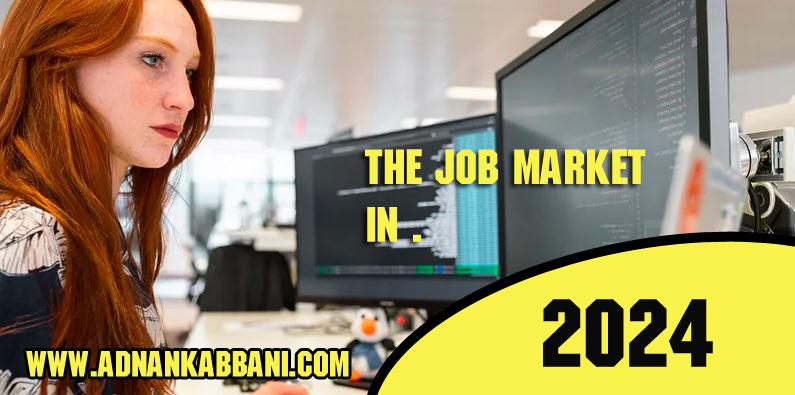
Global markets are witnessing massive shifts in the labor market, as the pace of technology accelerates and companies immerse themselves in the digital revolution.
The future of the labor market includes fundamental changes. Everyone must have a strategic vision to understand the effects of these transformations.
At the forefront of these transformations is the artificial intelligence revolution and digital transformation, as artificial intelligence technology plays a vital role in modernizing the labor market.
It is expected that continued development in this field will improve efficiency and transform traditional ways of working.
Future work will increasingly require professionals to be familiar with AI technology and able to interact with it.
The impact of technology on business development is also noted, as technology provides new opportunities for developing various businesses, whether through improving production processes or achieving better interaction with customers.
Communication and technology innovation platforms also give companies the opportunity to innovate and build competitive advantage.
Among the continuing variables related to the spread of work-from-home models, the experience of remote work has witnessed a major boom, and this model is expected to remain a large part of the future of the labor market.
This shift requires new skills for time management and virtual communication, and opens doors to diversity and integration between personal life and work.
As for the future challenges resulting from these transformations, they are the need to develop skills, as it will be a major challenge to qualify the workforce to keep pace with the development of technology and understand how to interact with it.
In addition to the challenges associated with security and data protection, as the use of technology increases, the importance of cybersecurity and data protection will increase.



